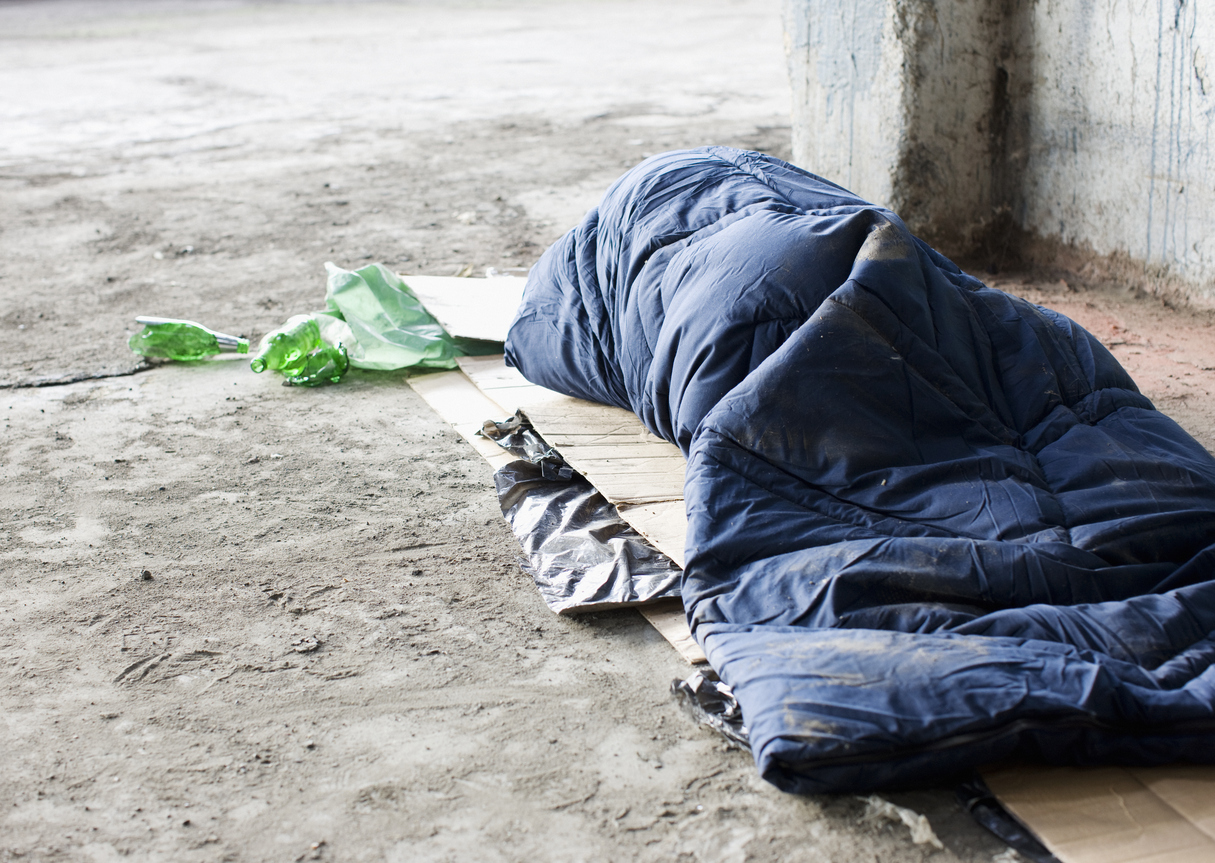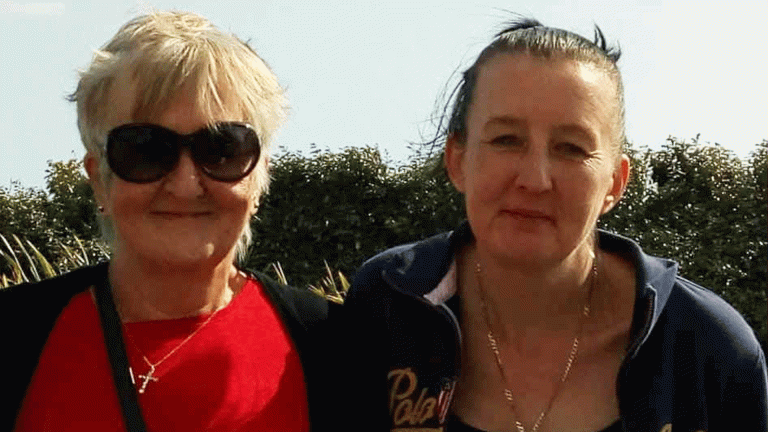Earlier in June a first-of-its-kind study published in the medical journal Autism found strong links between autism and homelessness. Researchers concluded autistic people face a higher risk of becoming homeless; issues only compounded by limited access to support services.
Now, a report from homelessness charity St Mungo’s also raises serious concerns over rough sleepers’ access to mental health support.
Deaths of rough sleepers with mental health problems have risen sharply since 2010 according to the report, which found four out of five rough sleepers who died in London in 2017 had mental health needs. In 2010, that figure was less than 30 per cent. The charity is now calling for urgent action to prevent more people dying on the streets, although what form that action takes is yet to be crystal clear. For St Mungo’s, improving mental health services in the future requires more funding for the core NHS mental health services, which the charity says is already at breaking point.
New research released today from St Mungo’s reveals a dramatic increase in the
proportion of people sleeping rough who have died with mental health support
needs from 2010 to 2017: https://t.co/XYaDmrcSQy#StopTheScandal#Endroughsleepingpic.twitter.com/Eva9Skma1X— St Mungo's (@StMungos) June 19, 2018
Petra Salva, director of St Mungo’s rough sleeping services called the worryingly growing trend “a scandal” that “the government needs to recognise and do more about”.
“The rise is because rough sleepers with mental health support needs end up sleeping rough and the help isn’t there and when it is there it is not quick enough,” he said.









